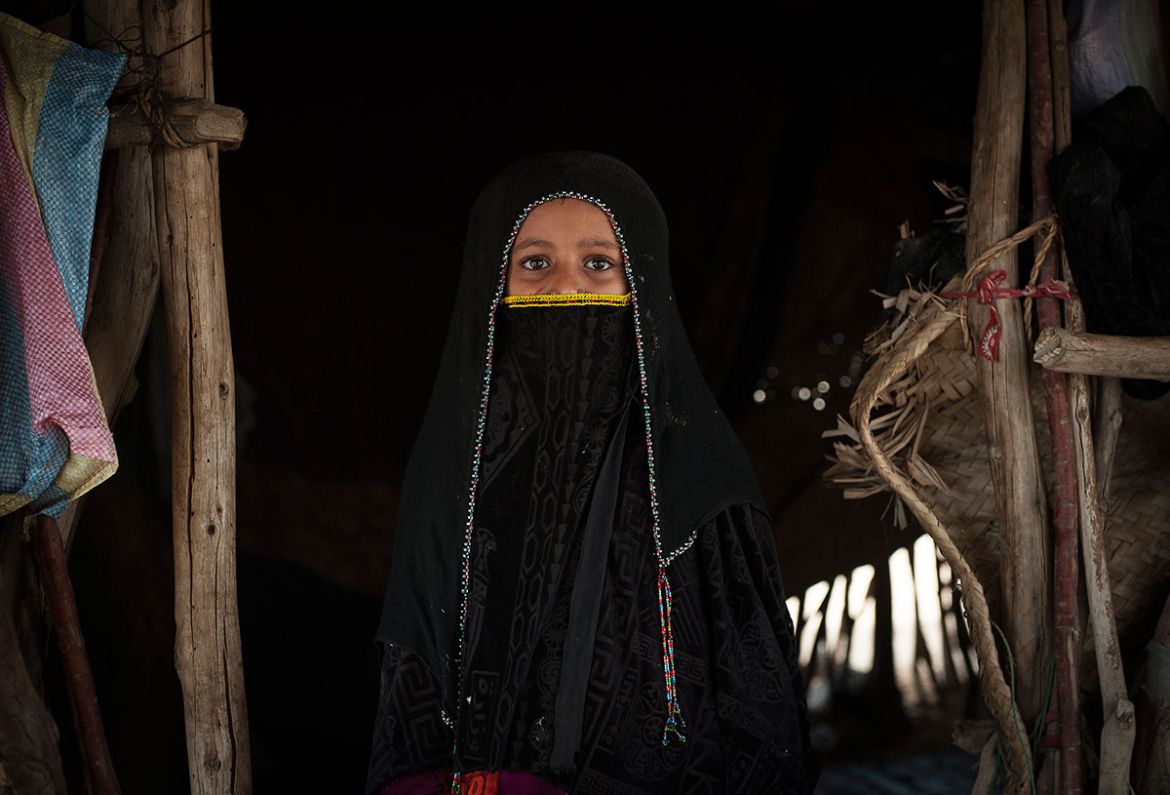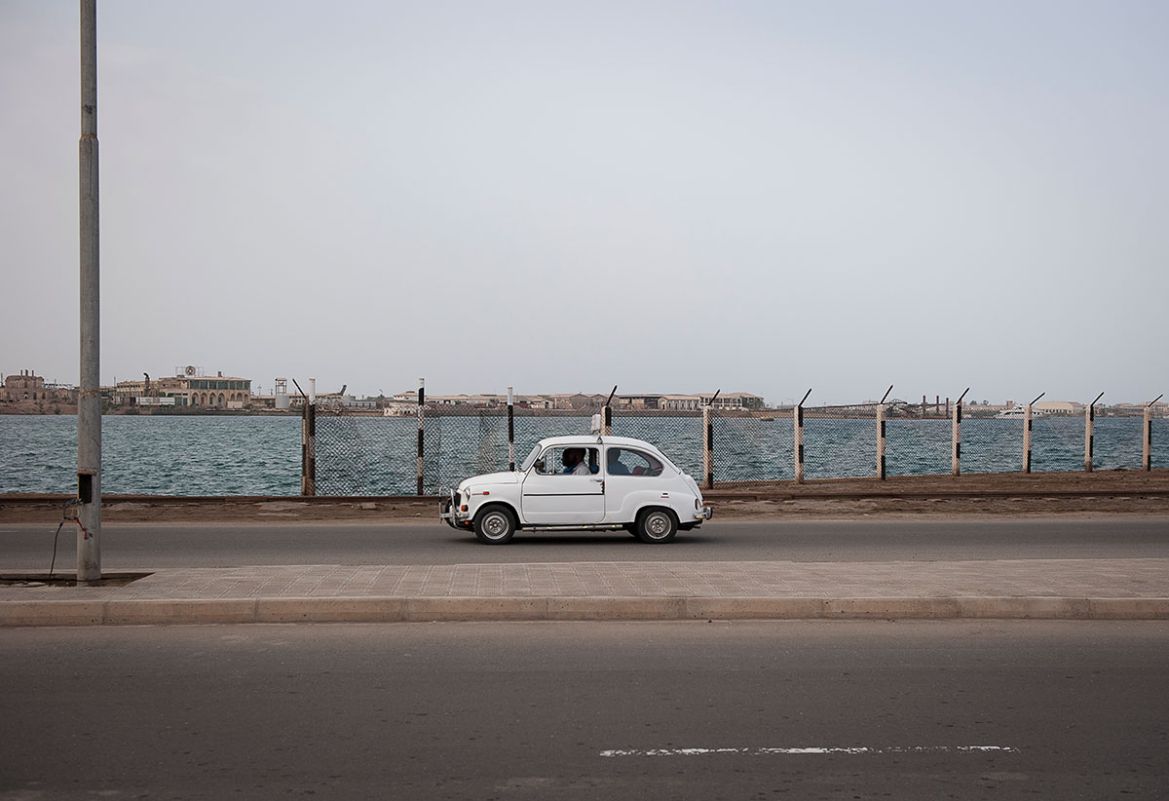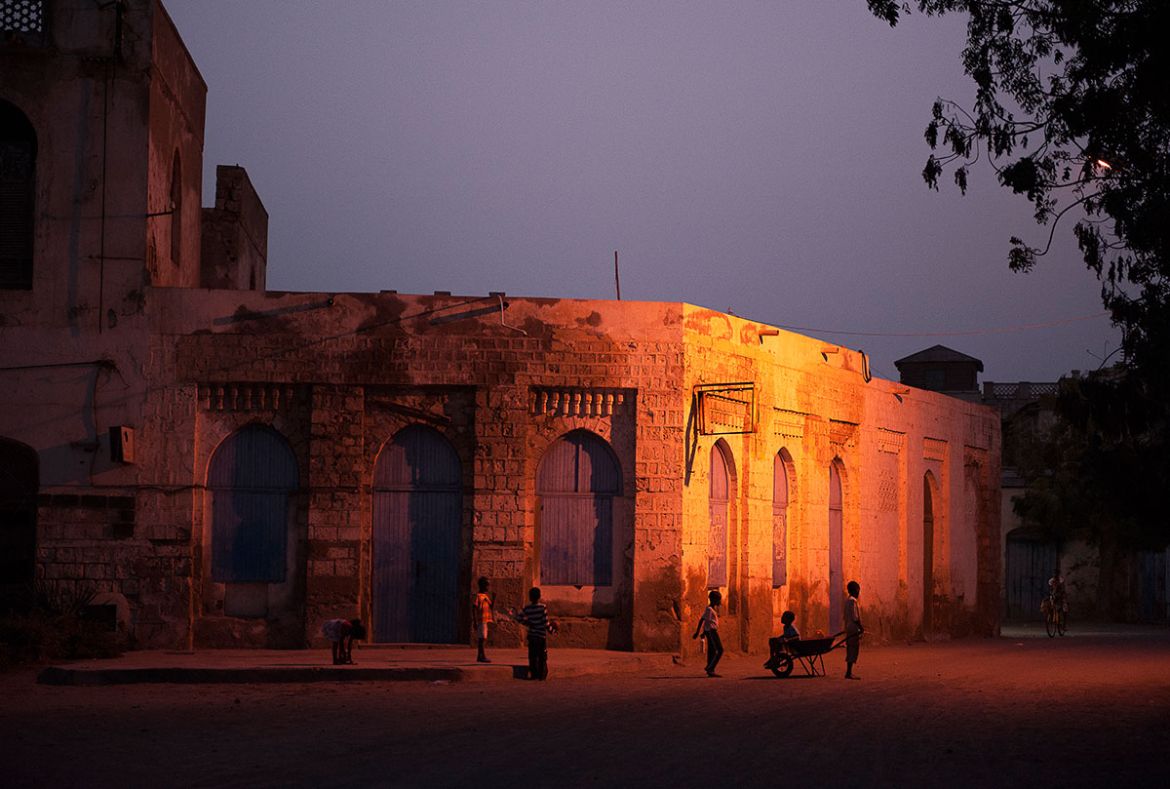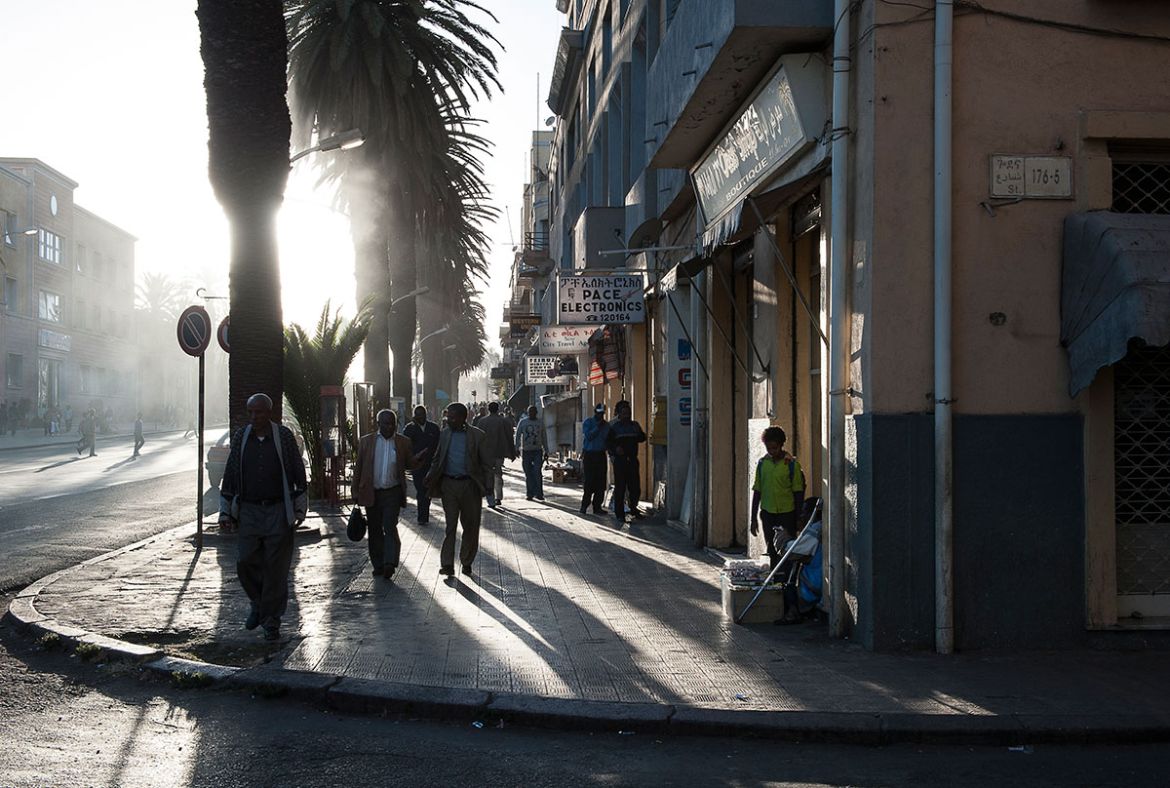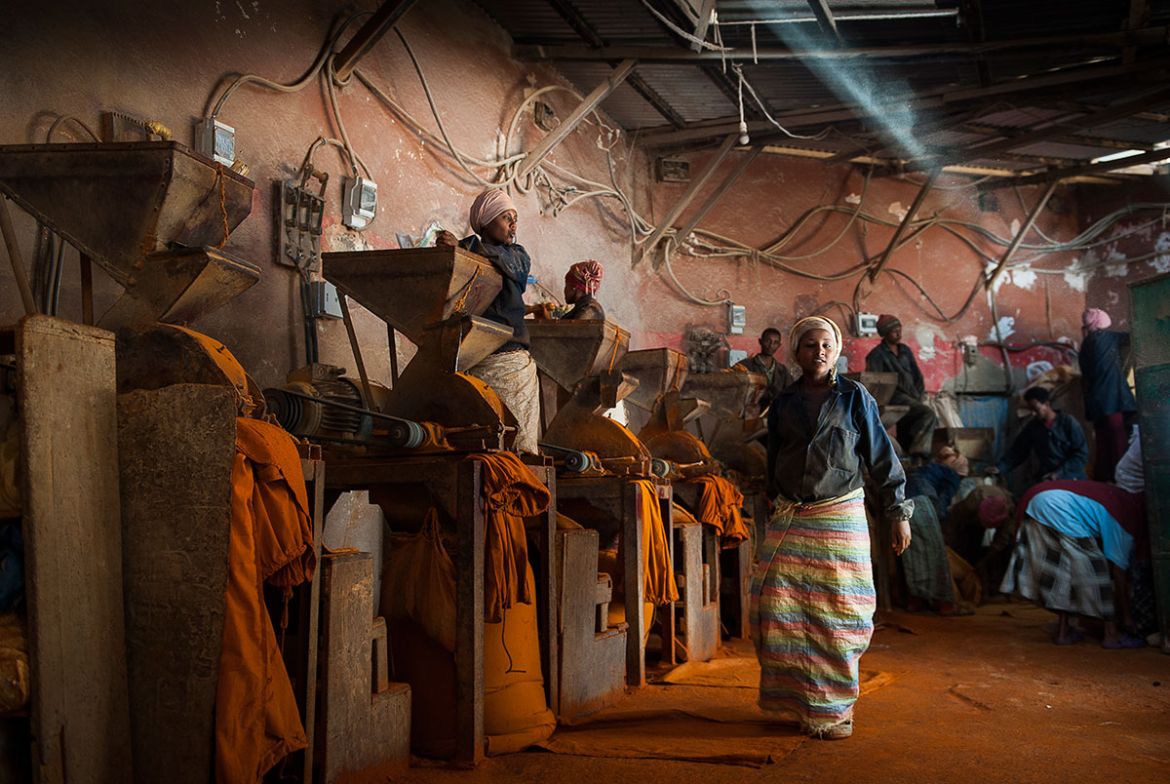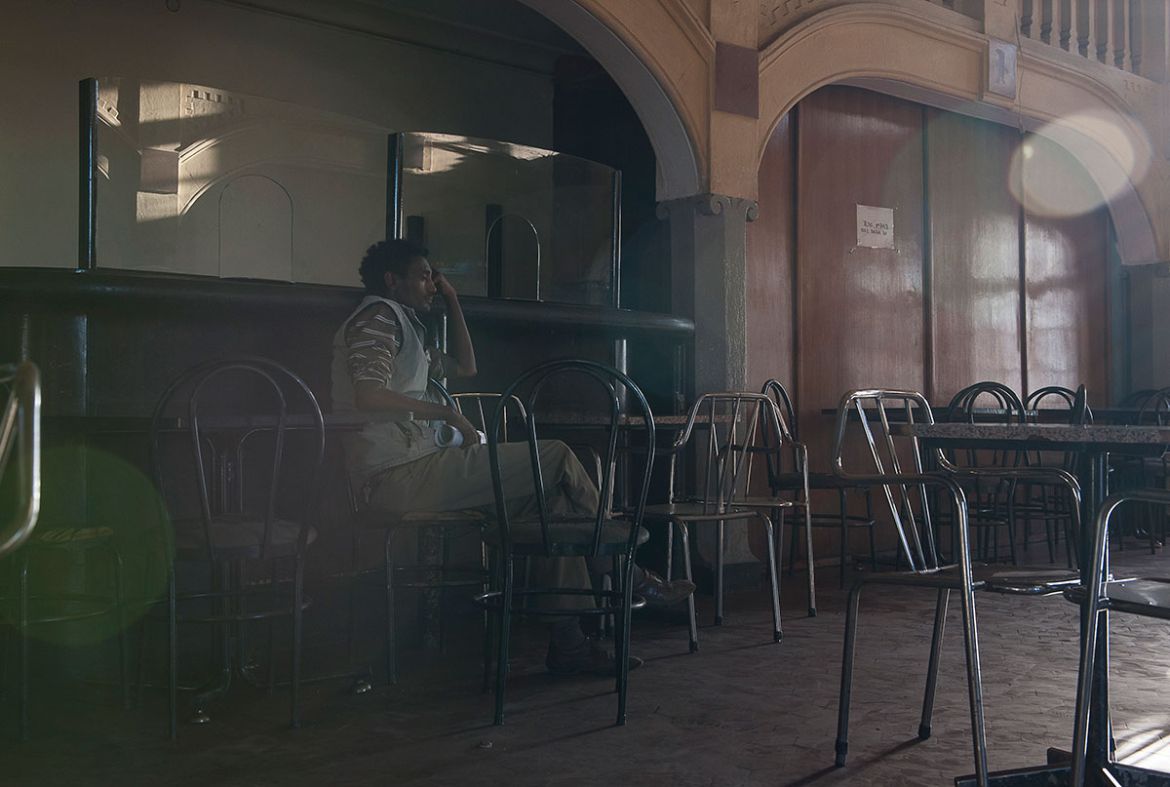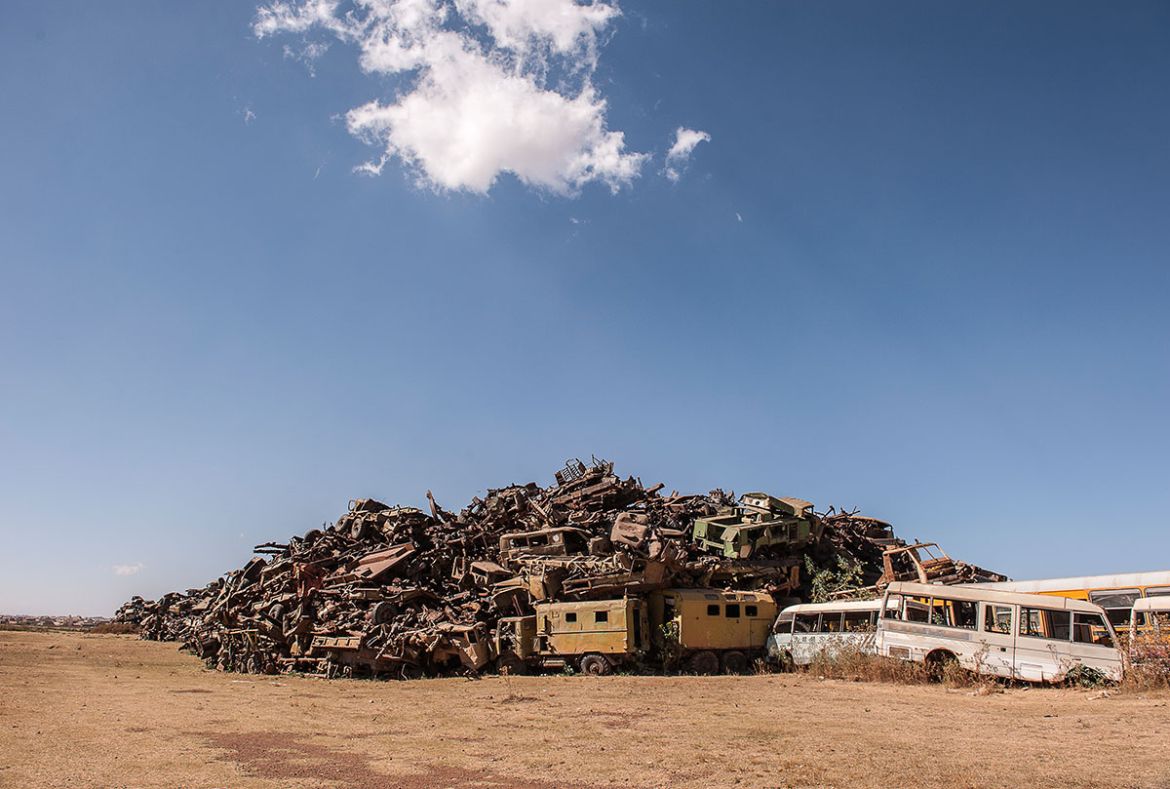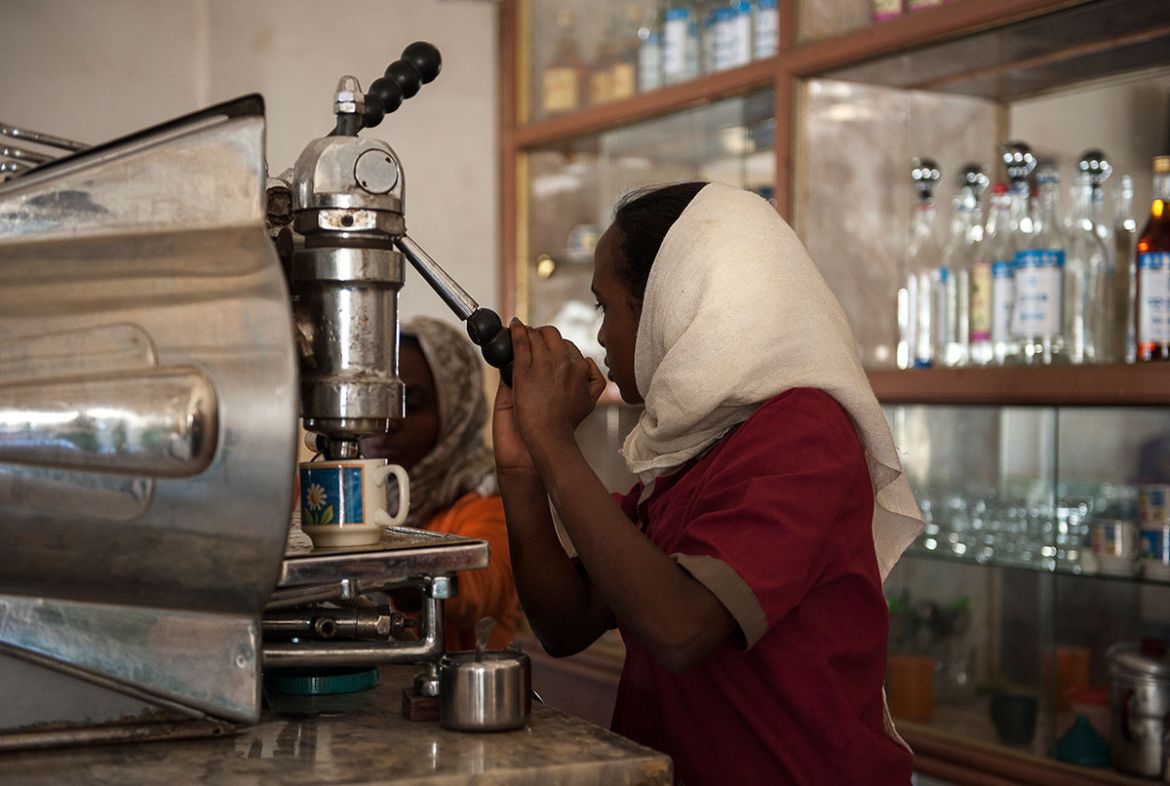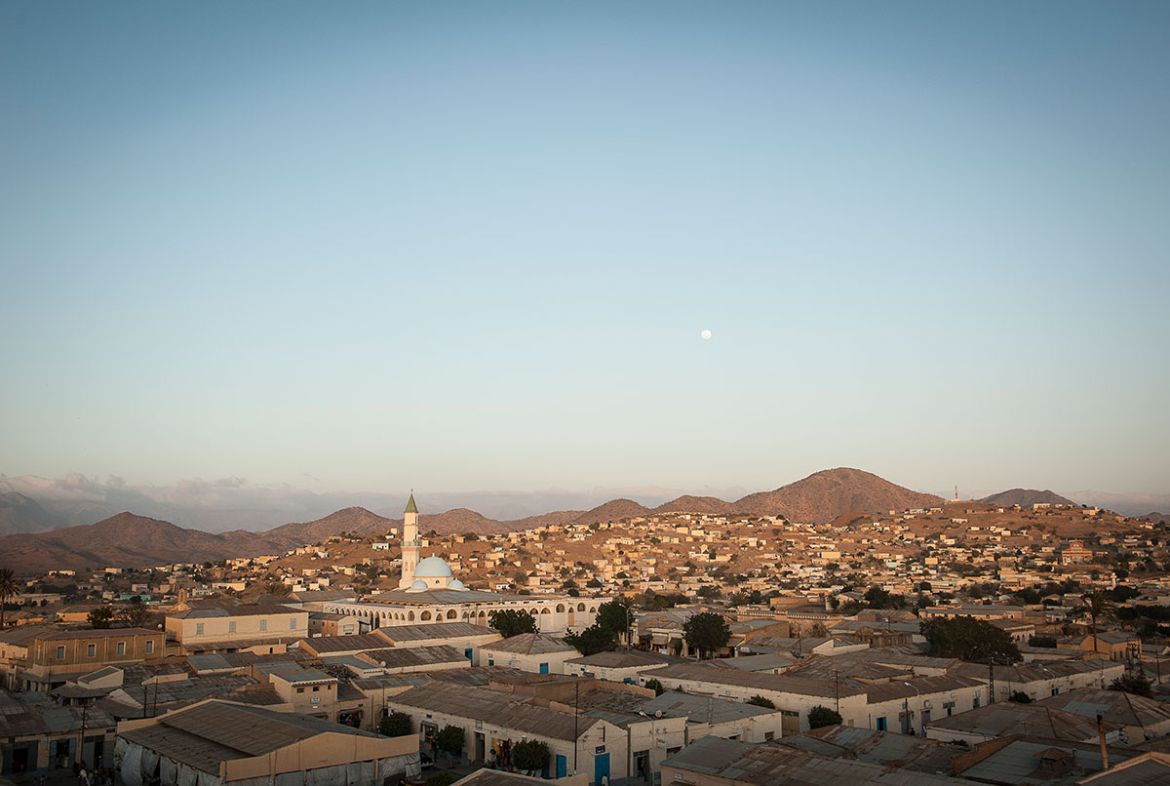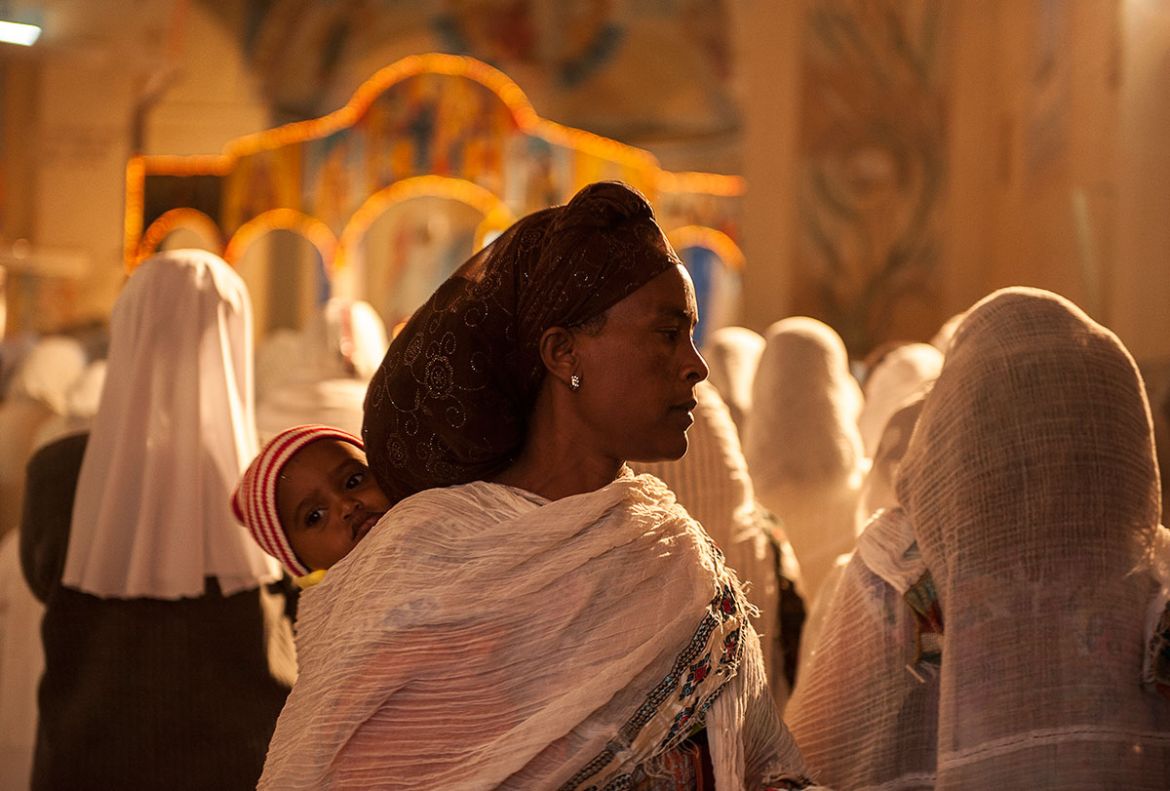In Pictures
Everyday Eritrea: Resilience in the face of repression
From macchiato in Asmara to Ottoman ruins in Massawa, a glimpse into the essence of Eritrea.

Eritrea has received much attention in the midst of the refugee crisis, with traumatised citizens undertaking dangerous journeys to escape what has been described as a torturous life at the hands of a cruel regime. Human rights organisations have documented human rights abuses, arbitrary arrests and torture, as a result of which nearly 5 percent of the population has fled and 4,000 Eritreans continue to flee their country each month.
But not everyone is willing or able to seek an alternative to their homeland, and those who remain focused on the positives.
Eritrea is a curious mix – from its capital Asmara, where the smell of real macchiato pervades Harnet Avenue, to its incredible port city of Massawa by the Red Sea, one of the oldest in Africa.
The Italian colonial influences are visible throughout Asmara, in its architecture and the local culture, with its cafeterias and pizzerias. The landscape ranges from lush, cool highlands to hot and humid lowlands along the Red Sea coast.
But, it is the Eritrean people who make a lasting impression. Despite their colonial past and the harsh political climate, Eritreans remain a most hospitable and resilient people.
After a 30-year armed struggle, Eritrea gained independence from Ethiopian rule in 1991, and in May 1993, when Eritreans overwhelmingly voted for statehood in a referendum supervised by the United Nations, that independence was recognised internationally.
Isaias Afewerki has been the country’s only president since independence. His government has postponed any future elections, indefinitely.
Not much information slips out of Eritrea, as the government often jails independent journalists, and expelled its last international correspondent in 2007. These images from 2013 show a rare glimpse into the everyday lives of Eritreans.
